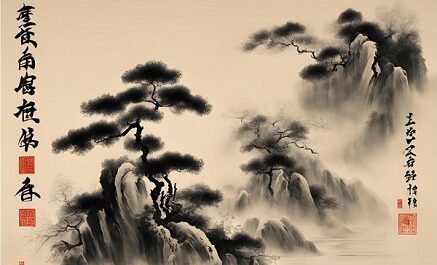Learn Chinese Idiom with Pinyin and English
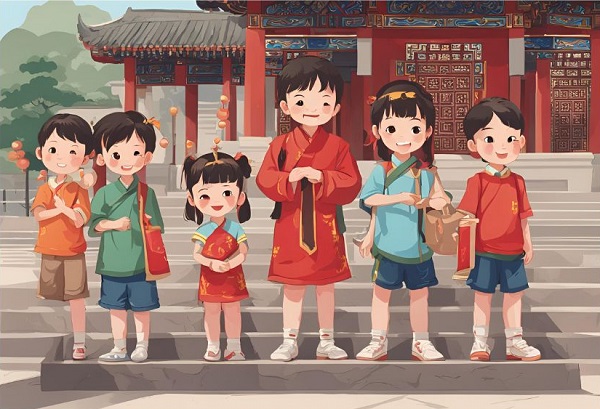
- Idiom in Chinese-童男童女。
- Pinyin of Idiom– tóng nán tóng nǚ.
- Idiom’s Meaning in English– A group of young boys and girls, often referring to the young attendants in royal service or religious rituals. “Tongnan Tongnu” is a Chinese idiom that refers to a group of young boys and girls. In ancient times, they were often chosen to serve in royal palaces or religious temples. The idiom is often used to describe a group of innocent and pure-hearted children.
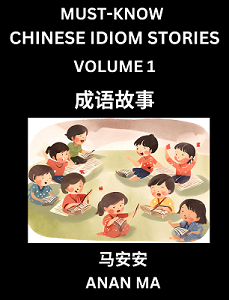
Chinese Idiom Stories Books (HSK All Levels):
- Books to Learn Chinese Idiom Stories (Part 1)
- Books to Learn Chinese Idiom Stories (Part 2)
- Books to Learn Chinese Idiom Stories (Part 3)
Learn Chinese Idiom Story in English (成语故事的英文)
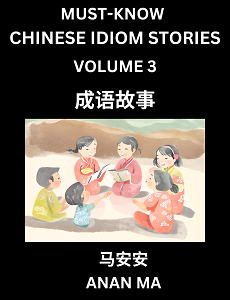
Once upon a time, a king decided to hold a grand celebration. He ordered his ministers to select a group of young boys and girls, known as “tongnan tongnu,” from all over the country to perform dances and songs for him. These children, with their innocent and lively nature, won the king’s admiration. After the celebration, the king allowed the children to stay in the palace to receive a good education, hoping that they would contribute to the country when they grew up.
Learn Idiom Story in Chinese (成语故事)
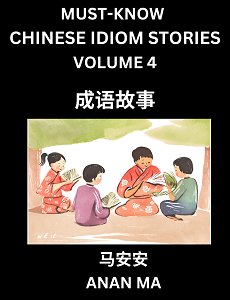
从前,有一个国王想要举行一场盛大的庆典。他命令大臣们从全国挑选出一批童男童女,来为他表演歌舞。这些孩子们天真无邪,活泼可爱,他们的表演赢得了国王的赞赏。庆典结束后,国王让这些孩子们继续留在宫中,接受良好的教育,并希望他们长大后能为国家做出贡献。
Learn Keywords with English, Simplified Chinese Characters, and Pinyin (关键词)
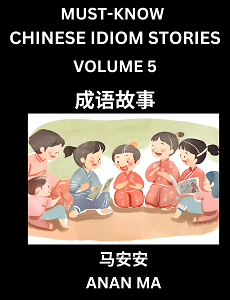
- 从前 cóngqián: In the past
- 国王 guówáng: King
- 庆典 qìngdiǎn: Celebration
- 大臣 dàchén: Minister
- 挑选 tiāoxuǎn: Select
- 歌舞 gēwǔ: Dance and singing
- 赞赏 zànshǎng: Praise
Pinyin of Idiom Story (故事的拼音)
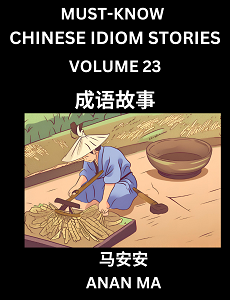
Cóngqián, yǒu yīgè guówáng xiǎng yào jǔxíng yī chǎng shèngdà de qìngdiǎn. Tā mìnglìng dàchénmen cóng quánguó tiāoxuǎn chū yī pī tóng nán tóngnǚ, lái wèi tā biǎoyǎn gēwǔ. Zhèxiē háizimen tiānzhēn wú xié, huópō kě’ài, tāmen de biǎoyǎn yíngdéle guówáng de zànshǎng. Qìngdiǎn jiéshù hòu, guówáng ràng zhèxiē háizimen jìxù liú zài gōng zhōng, jiēshòu liánghǎo de jiàoyù, bìng xīwàng tāmen zhǎng dà hòu néng wéi guójiā zuò chū gòngxiàn.



